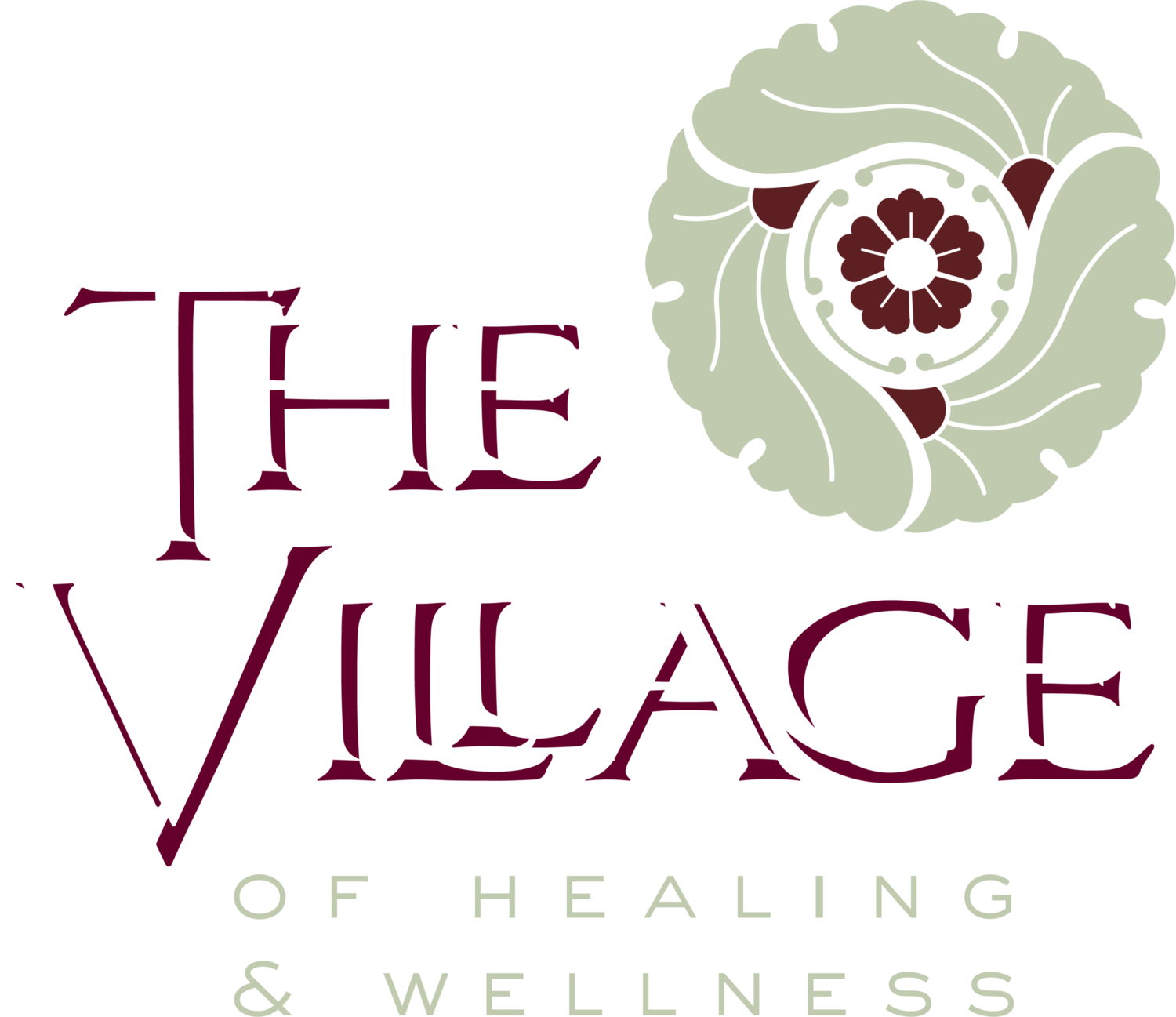Digestive health is very important for overall health and well-being. We all know how
gastrointestinal issues can make you feel, whether it is a short term stomach bug or even
chronic conditions. Your body gets depleted of essential nutrients, leaving you with no energy,
and you may have persistent discomfort or pain. For people with long-term conditions, this has a
significant impact on quality of life. Fortunately, qigong and tai chi can help in a number of ways!
Diaphragmatic breathing plays several roles in aiding digestive health. First, it has a natural
anti-inflammatory effect by stimulating the vagus nerve, which in turn triggers an
anti-inflammatory cascade of events in your body. Many digestive disorders have a significant
inflammatory component to them, such as Crohn’s disease, ulcerative colitis, and others. By
reducing inflammation, people are able to help control their symptoms.
Another way diaphragmatic breathing helps is through the mechanical action of breathing itself.
The diaphragm is a dome shaped muscle which peaks just underneath your lungs. As you
inhale, the diaphragm flattens out, which gently compresses your abdominal cavity and internal
organs. This up and down action gently massages your insides, helping to stimulate your
organs and ensure proper circulation of blood, nutrients, and waste products.
In addition to the movement of the diaphragm, the actual movements of the qigong and tai chi
forms also aid in providing gentle massage and stimulation to your organs. For example, in
movement #11 of the 24-Posture Qigong Form (Pushing the Stone Tablet) your trunk and
shoulders rotate while your hips remain stationary. This has an effect of gently “ringing out” your
internal organs as if you were ringing out a wet towel.
Last, but certainly not least, qigong and tai chi have been shown to dramatically increase activity
of the immune system of the body. Diseases such as celiac disease, Crohn’s disease, and
lupus are auto-immune diseases which attack the gastrointestinal system of the body.
Anecdotally, people who practice qigong and tai chi have reported significant improvements in
symptoms and quality of life while at the same time reducing medications and other forms of
medical treatment for these conditions, with the guidance of their medical practitioners.
